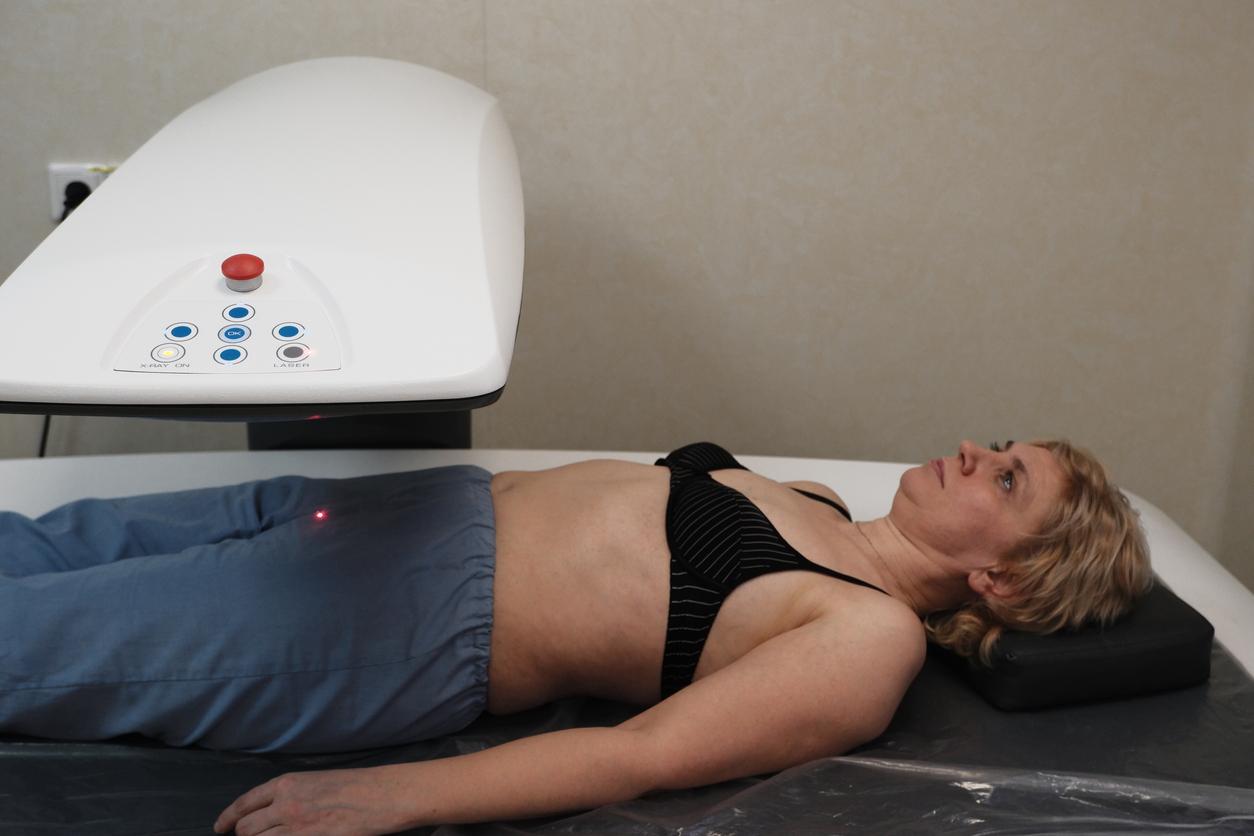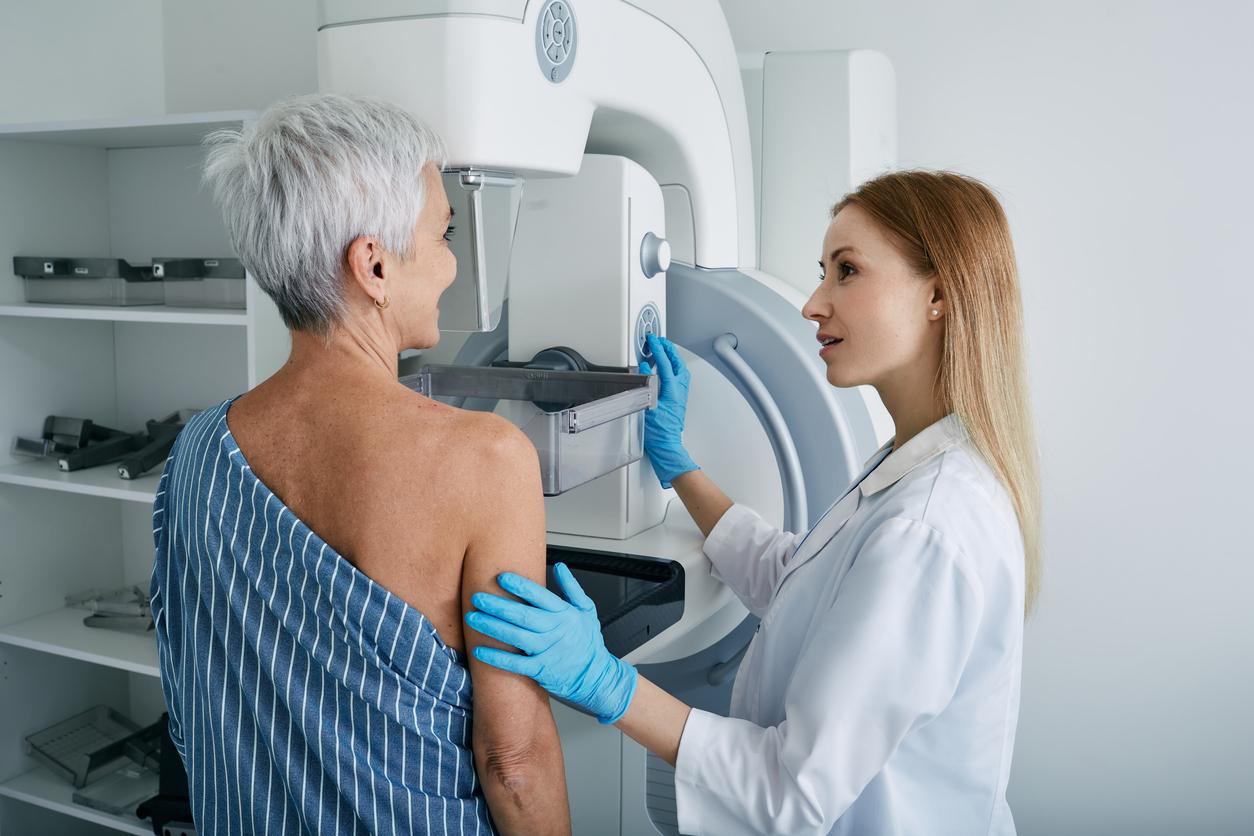The HAS now recommends screening for VLCAD deficiency from birth.

- VLCAD deficiency is a rare hereditary disease.
- When a baby suffers from it, his body cannot assimilate lipids, which leads to many serious health problems.
- The HAS now recommends including VLCAD deficiency in neonatal screening.
The High Health Authority (HAS) now recommends screening from the first days after birth VLCAD deficiency.
Newborn screening is a public health intervention aimed at detecting certain rare but serious diseases at birth. The challenge is to implement appropriate measures before symptoms appear in order to avoid or limit the negative consequences of these diseases on children’s health.
In France, this screening is the subject of a national program. Thirteen diseases are currently sought by biological tests carried out using a drop of blood dried on blotting paper: phenylketonuria, congenital hypothyroidism, sickle cell anemia, congenital adrenal hyperplasia, cystic fibrosis, etc.
Why screen for VLCAD deficiency from birth?
New screening techniques have pushed the HAS to complete this list. “The arrival of tandem mass spectrometry makes it possible to screen many inborn errors of metabolism at birth,” explains the institution.
Four diseases were thus re-evaluated: Citrullinemia type 1-(CIT-1), Propionic aciduria (PA), Methylmalonic aciduria (AMM) and VLCAD deficiency. “Among the four diseases evaluated, the current state of knowledge for three of them (CIT-1, AP, AMM) does not allow them to be proposed for the national neonatal screening program” explain public health experts. On the other hand, they “recommend extending neonatal screening in the general population in France to VLCAD deficiency. This screening necessarily involves the use of tandem mass spectrometry technology.”
They also recommend that their proposal to expand neonatal screening be accompanied by training for all health professionals involved, and that initial information on neonatal screening be given to parents during pregnancy (during consultations third trimester prenatal).
Screening from birth: what is VLCAD deficiency?
VLCAD deficiency (very long chain fatty acid acyl-CoA dehydrogenase deficiency) is a rare hereditary disease. When a baby suffers from it, his body cannot assimilate lipids, which leads to many serious health problems.
“Babies with VLCAD deficiency may appear healthy at birth. However, they are at risk of having metabolic crises during periods of fasting (for example, when they are sick). Metabolic crisis is a problem of serious health condition, caused by low sugar levels and/or the accumulation of toxic substances in the blood. Symptoms of a metabolic crisis are lack of appetite, vomiting, lethargy, excessive sleepiness and irritability . If the crisis is not treated, respiratory problems, seizures, coma, or even death can occur.can we read on the newborn screening site in Ontario, Canada.

















